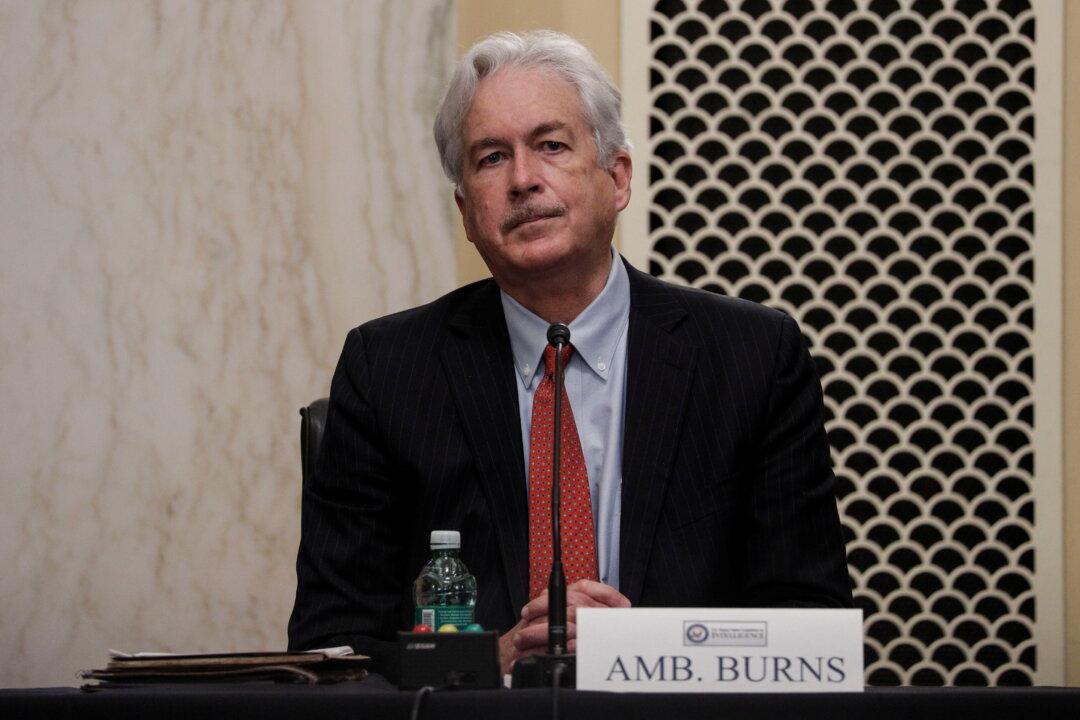President Joe Biden’s CIA director nominee William Burns told a Senate committee on Feb. 24 that the Chinese regime’s “adversarial, predatory” leadership poses the “greatest geopolitical test” to the United States.
Burns, 64, a former career diplomat who has worked in both Democratic and Republican administrations, said his four top priorities if he is confirmed to head the agency will be “China, technology, people, and partnerships.”





